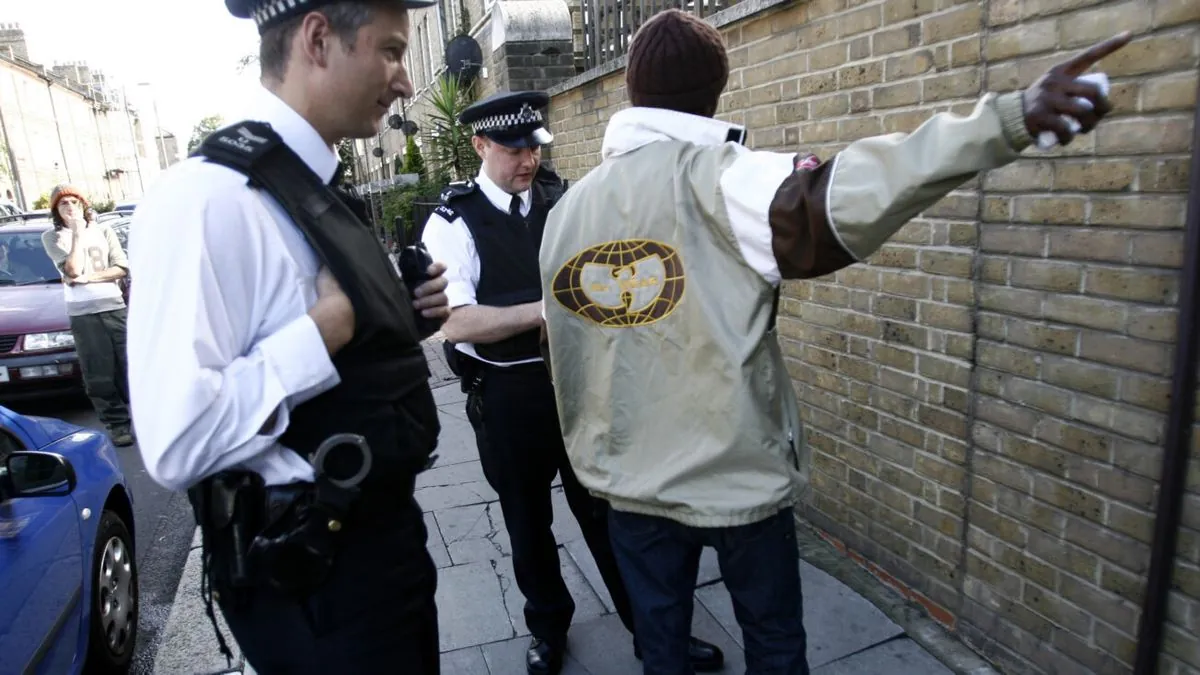Public Apathy and Rising Crime: A Growing Concern in British Society
Recent incidents highlight the dangers of confronting criminals in Britain. Experts warn of eroding public trust and police morale, calling for urgent policy changes to address rising crime rates.

In recent years, British society has been grappling with a concerning trend: the growing reluctance of citizens to confront or challenge criminal behavior. This shift in public attitude raises questions about the long-term consequences for safety and social cohesion in urban areas across the United Kingdom.
A recent incident near New Scotland Yard, the headquarters of the Metropolitan Police Service, exemplifies this troubling phenomenon. An off-duty volunteer police officer, demonstrating commendable bravery, attempted to apprehend a pickpocket on Westminster Bridge. However, the situation quickly escalated as a group of assailants attacked the officer, forcing him to release the suspect. Disturbingly, no bystanders came to his aid during the violent assault.

This event is not an isolated occurrence. Statistics reveal that police officers in England and Wales face assault every fifteen minutes on average. The Metropolitan Police Service, founded in 1829 and recognized as the oldest professional police force globally, expressed shock at the incident. However, their statement that "there is no place in London for violence" may ring hollow for many residents and visitors who regularly witness aggression and incivility in public spaces.
The reluctance to intervene in criminal activities is not solely due to fear of physical harm. Legal concerns also play a significant role. The case of Tony Martin, a Norfolk farmer convicted of shooting and killing a burglar in 1999, continues to influence public perception. Many fear that using force, even in self-defense or to prevent crime, could lead to legal repercussions.
"He was killed for simply caring about the safety of his neighbourhood"
The tragic death of Max Richardson last year further illustrates the potential consequences of civic engagement. Richardson, a young father, confronted a cannabis-smoking teenager for frightening children in a park, resulting in his fatal stabbing. This incident underscores the risks associated with challenging antisocial behavior.
The erosion of the Peelian Principles, established by Sir Robert Peel in 1829 as the foundation of British policing, is evident in the current climate. These principles emphasize the importance of public cooperation in law enforcement. However, the growing disconnect between the police and the community threatens this collaborative approach.
The situation is exacerbated by factors such as mass immigration and low levels of social trust. The UK's high number of CCTV cameras per capita, while intended to enhance security, may inadvertently contribute to a sense of detachment from personal responsibility in crime prevention.
Police morale is also suffering. Many officers question whether their superiors fully support their crime-fighting efforts. The accountability system, overseen by the Independent Office for Police Conduct, is sometimes perceived as a hindrance rather than a support mechanism.
To address these challenges, policymakers must prioritize rebuilding trust in society and enhancing the effectiveness of institutions. This may involve reevaluating the role of Community Support Officers, introduced in 2002, and considering innovative approaches to community policing.
As the UK grapples with these issues, it's crucial to remember that the country still maintains a relatively low homicide rate compared to many developed nations. However, addressing the growing apathy towards crime is essential to prevent further erosion of public safety and social cohesion.


































